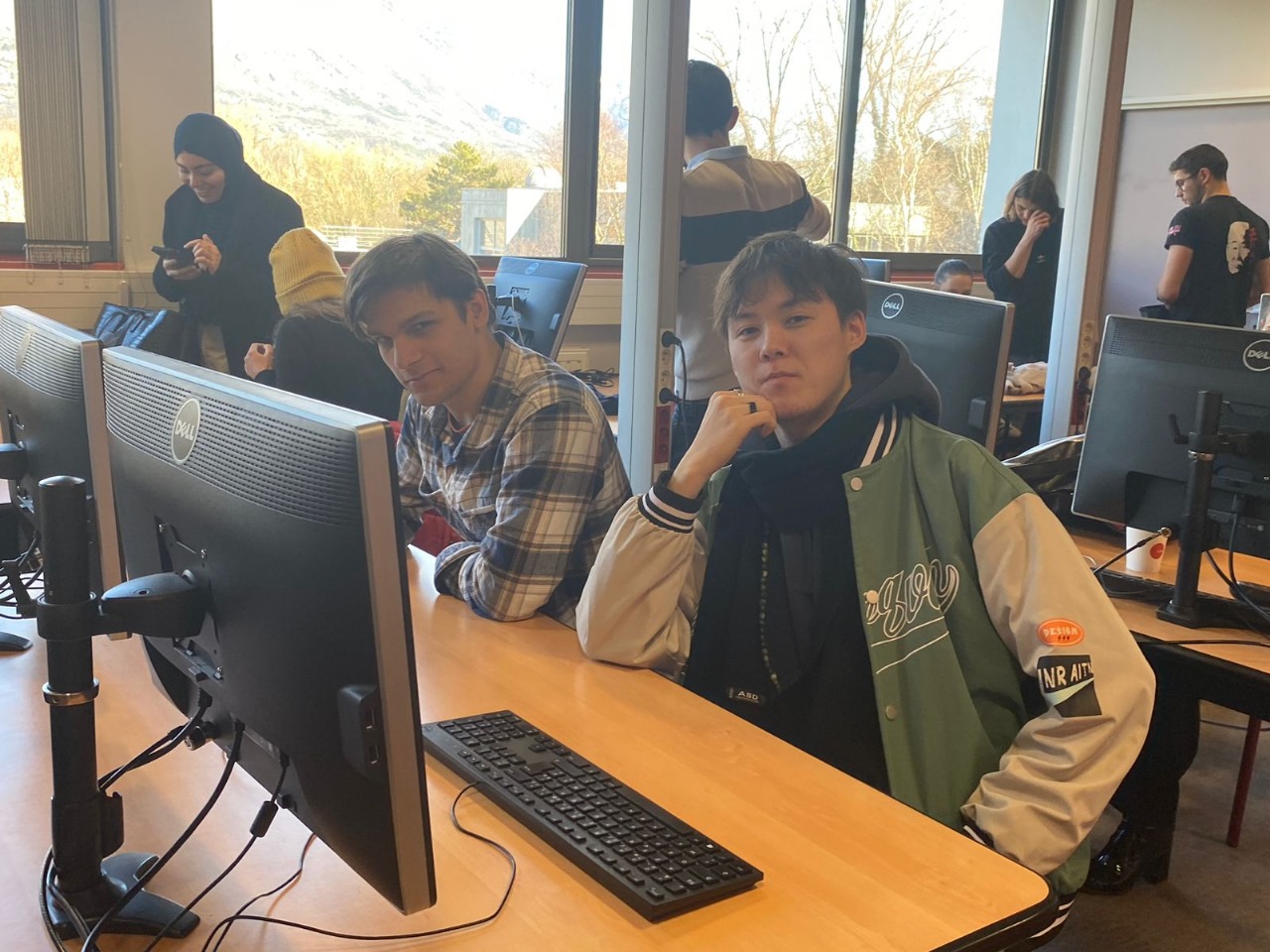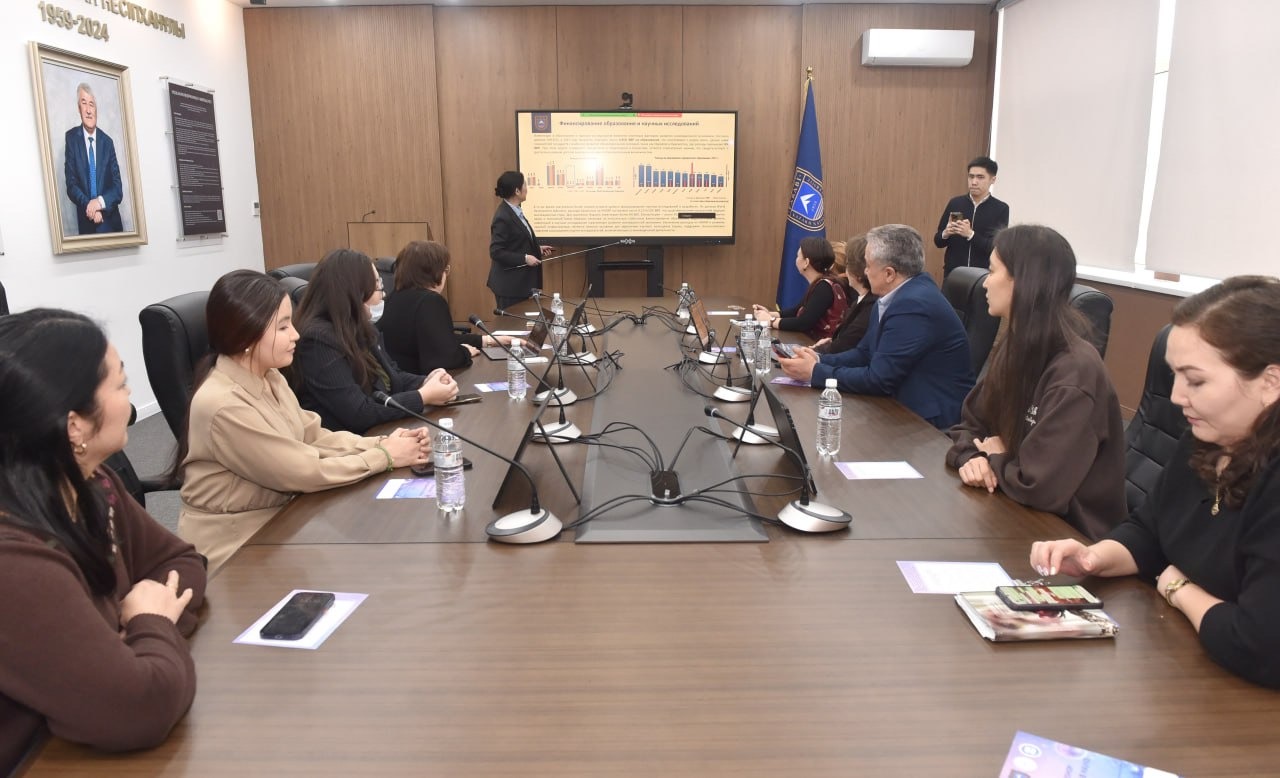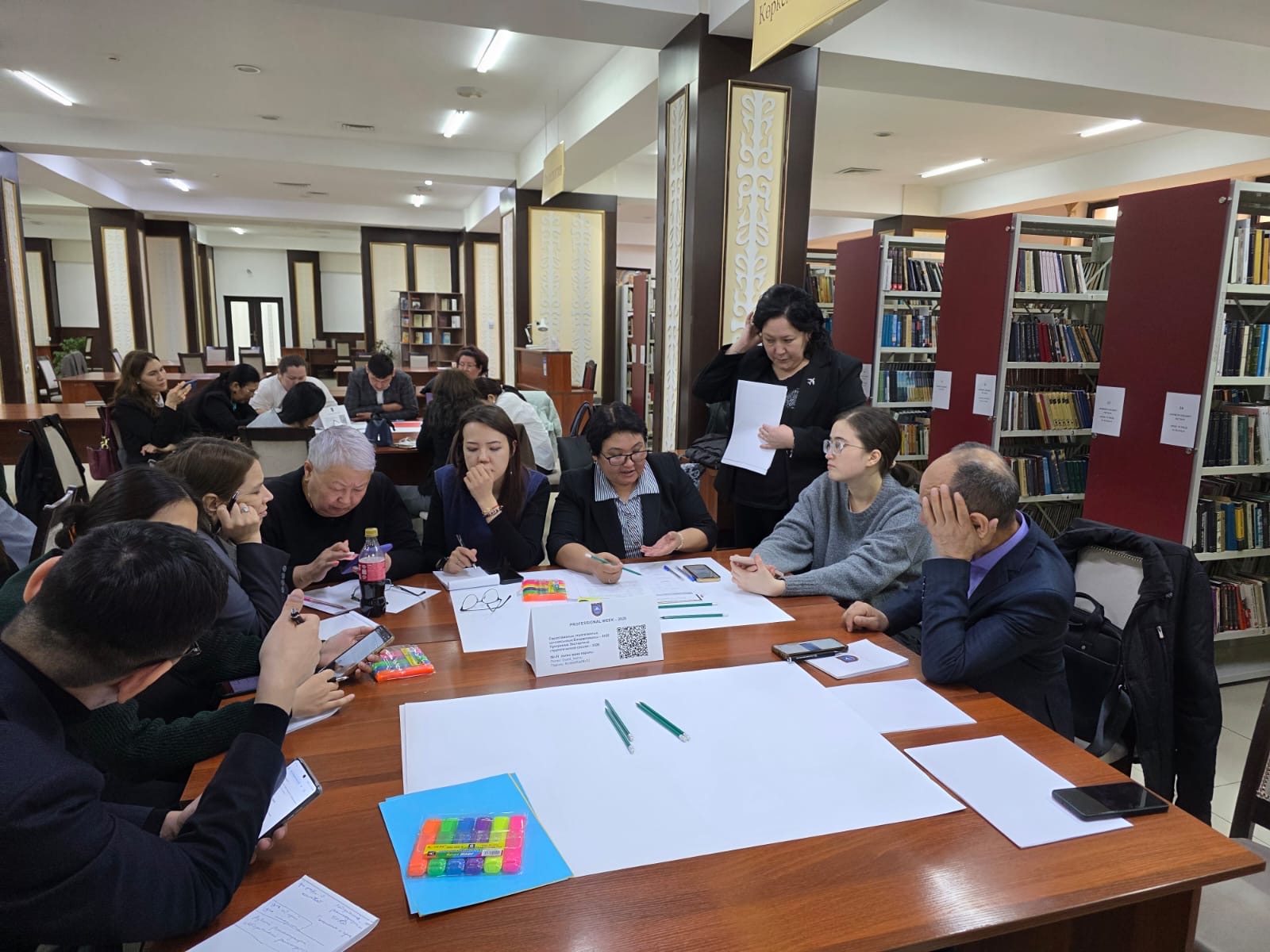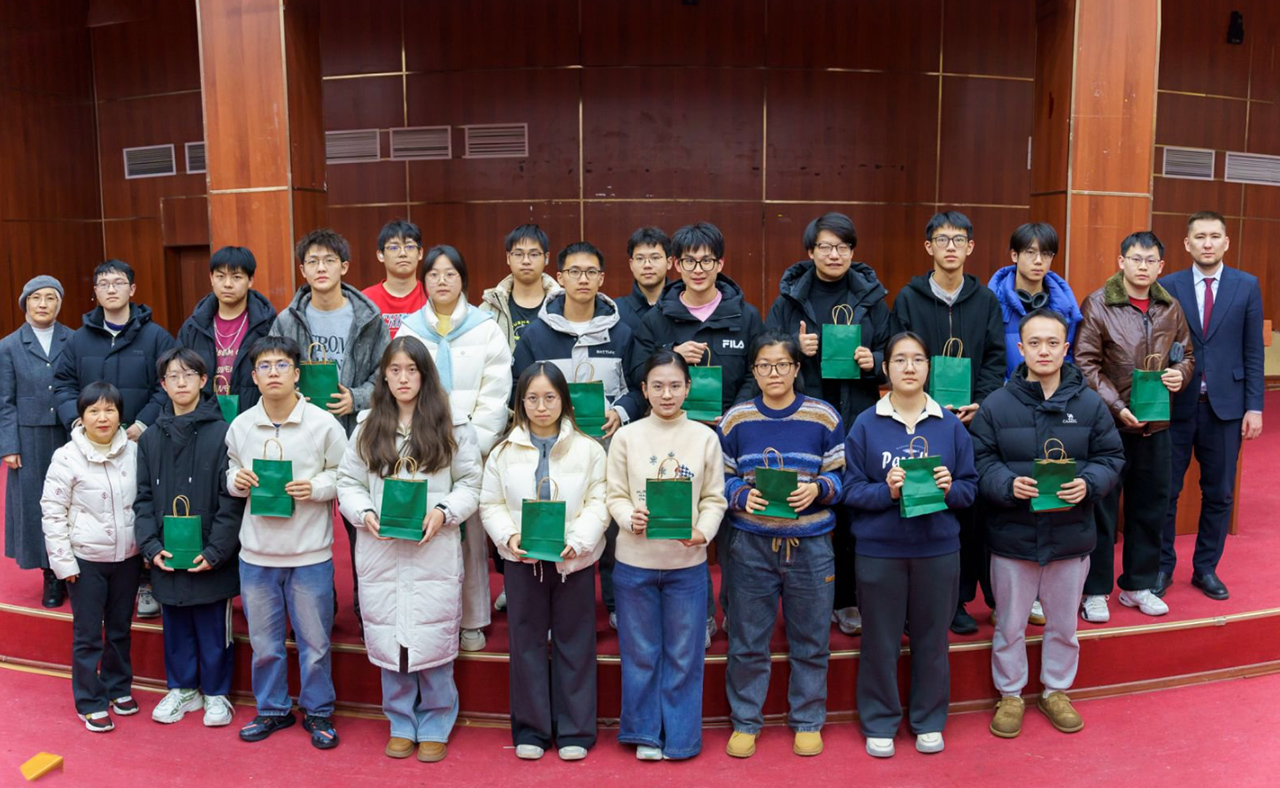- Main
- News
- A MASTER'S STUDENT FROM KAZNU IS STUDYING AT THE UNIVERSITY OF GRENOBLE ALPES (UGA) WITHIN THE FRAMEWORK OF THE INTER-UNIVERSITY MEMORANDUM
A MASTER'S STUDENT FROM KAZNU IS STUDYING AT THE UNIVERSITY OF GRENOBLE ALPES (UGA) WITHIN THE FRAMEWORK OF THE INTER-UNIVERSITY MEMORANDUM

As part of the Sustainable Development Goals (SDG 4, SDG 8, SDG 9, SDG 10)
In the context of global climate change, educational mobility is becoming an important tool for finding and implementing effective solutions in the field of sustainable development. As part of the implementation of the UN Sustainable Development Goals (SDGs), particularly SDG 4 (Quality Education), SDG 8 (Decent Work and Economic Growth), SDG 9 (Industry, Innovation, and Infrastructure), and SDG 10 (Reduced Inequality), a master's student from Al-Farabi Kazakh National University, Kairov Asan, is studying in France to gain advanced experience in climate risk analysis using Big Data.
The training is conducted under a memorandum between the French university UFR PhITEM and KazNU. The master's program includes courses focused on studying modern methods of analyzing climate phenomena and natural disasters. Key subjects include: Introduction to Seismic Risks (6 ECTS), Remote Sensing and GIS Project (6 ECTS), Instrumentation for Geophysics (3 ECTS), Induced Seismicity (3 ECTS), Scientific Computing (3 ECTS), Cartography (6 ECTS), FLE-RI (3 ECTS). These courses enable students to master data processing and interpretation methods necessary for forecasting and preventing climate threats.
.jpeg)
Particular attention during the training is given to analyzing the consequences of the devastating flood that occurred in western Kazakhstan in the spring of 2024. This event highlighted the need to train specialists capable of applying advanced technologies for monitoring and preventing natural disasters. In this regard, KazNU Rector Zh. Tuimebayev set the task of organizing international cooperation and knowledge exchange with foreign universities. Training students and master's students in leading foreign universities is an essential part of the university's strategy for preparing personnel capable of addressing current climate challenges.
Kairov Asan notes that thanks to the program, he had the opportunity to work with modern data analysis methods used for predicting seismic and hydrological risks. The experience gained in France will be applied to develop solutions that contribute to mitigating the consequences of climate change in Kazakhstan.

Thus, educational mobility is becoming a powerful tool for shaping new generations of specialists capable of using innovative methods to solve global problems. Such initiatives not only contribute to improving the quality of education but also strengthen international cooperation in the field of science and technology, playing a key role in achieving sustainable development goals.



